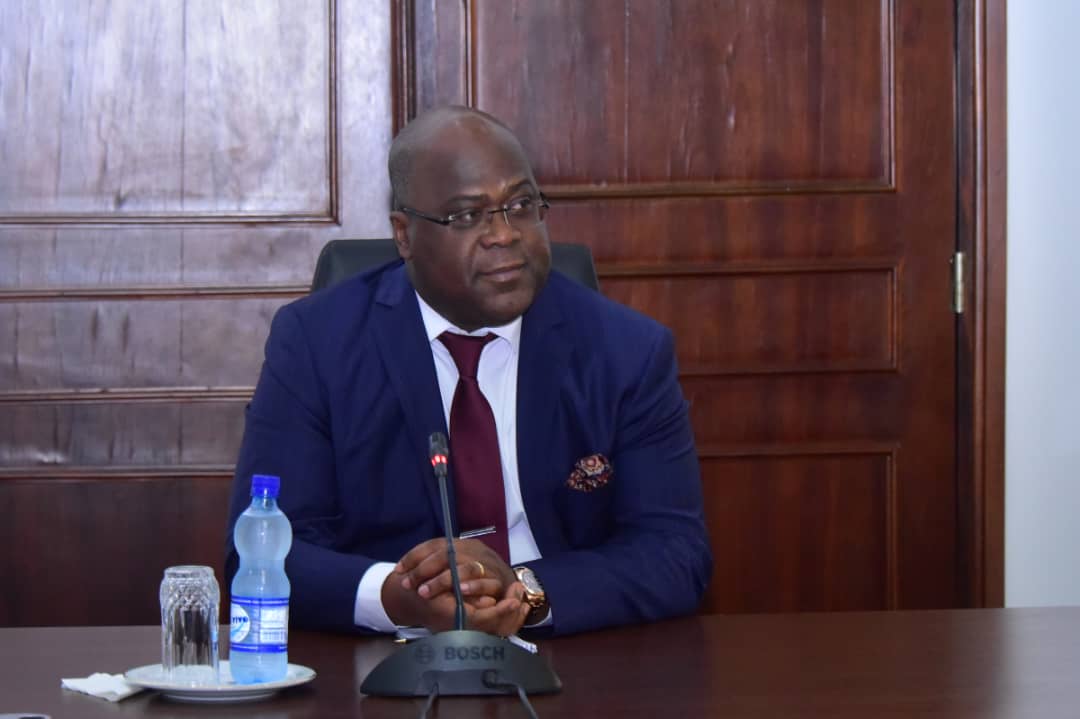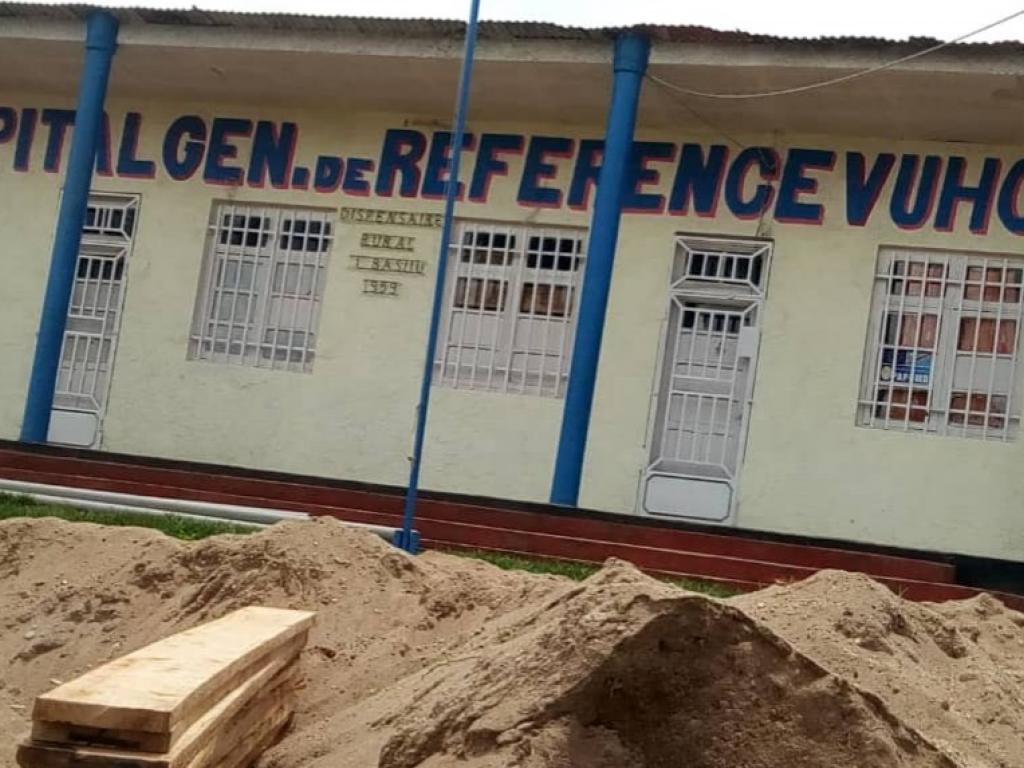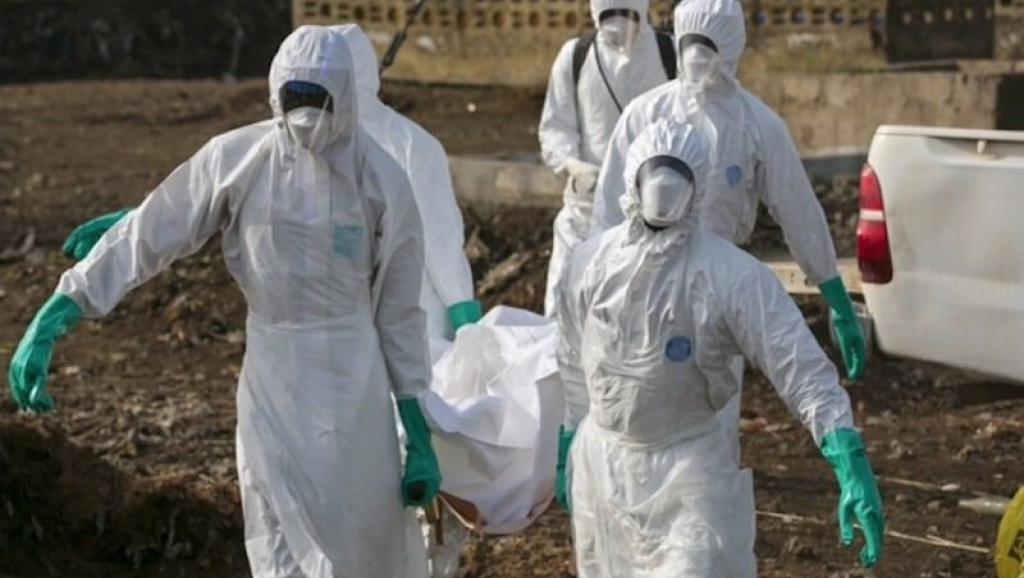Translation Google
DRC - Butembo: The military justice gets hold of the alleged murderers of the WHO doctor
Wednesday, April 24, 2019 - 21:18
The military court of North Kivu is reporting to have arrested 11 suspected militiamen who murdered Richard Mouzoko, a Cameroonian doctor and WHO expert, who was killed on Friday, 19 April, in an attack on a response team of Ebola virus disease in the Clinic of the Catholic University of Graben (UCG) in Butembo (North Kivu).
According to Colonel Kumbu Ngoma, deputy prosecutor (prosecutor) at the operational military court of North Kivu, the attack was sponsored by Katembo who was arrested on Wednesday. Six assailants were arrested during the pursuit and five others were arrested three days after the events.
Among them, three material authors. They were found to have shot the Cameroonian doctor at the UCG clinic and wounded the Congolese doctor. On the list of moral authors is the self-proclaimed general "Masumbuko" based in Kanyatsi-Ngeleza, a locality on the road to Luhutu in the territory of Lubero.
He is described as the man who provided militiamen to Katembo to carry out attacks in Butembo against Ebola response teams including UCG and Katwa Hospital. Colonel Kumbu Ngoma said the attack was "planned" on April 7 and 18 of this current year.
In their planning, they also wanted to kill the Bishop of the diocese of Butembo - Beni, Msgr. Melchis?dech Sikuli and the Reverend Pastor of Katwa, Mr Nzobi because "they are raising awareness about the Ebola Virus Disease", adds the army officer.
...
Yassin Kombi
Category
topicality
DRC - Butembo: The military justice gets hold of the alleged murderers of the WHO doctor
Wednesday, April 24, 2019 - 21:18
The military court of North Kivu is reporting to have arrested 11 suspected militiamen who murdered Richard Mouzoko, a Cameroonian doctor and WHO expert, who was killed on Friday, 19 April, in an attack on a response team of Ebola virus disease in the Clinic of the Catholic University of Graben (UCG) in Butembo (North Kivu).
According to Colonel Kumbu Ngoma, deputy prosecutor (prosecutor) at the operational military court of North Kivu, the attack was sponsored by Katembo who was arrested on Wednesday. Six assailants were arrested during the pursuit and five others were arrested three days after the events.
Among them, three material authors. They were found to have shot the Cameroonian doctor at the UCG clinic and wounded the Congolese doctor. On the list of moral authors is the self-proclaimed general "Masumbuko" based in Kanyatsi-Ngeleza, a locality on the road to Luhutu in the territory of Lubero.
He is described as the man who provided militiamen to Katembo to carry out attacks in Butembo against Ebola response teams including UCG and Katwa Hospital. Colonel Kumbu Ngoma said the attack was "planned" on April 7 and 18 of this current year.
In their planning, they also wanted to kill the Bishop of the diocese of Butembo - Beni, Msgr. Melchis?dech Sikuli and the Reverend Pastor of Katwa, Mr Nzobi because "they are raising awareness about the Ebola Virus Disease", adds the army officer.
...
Yassin Kombi
Category
topicality


















Comment